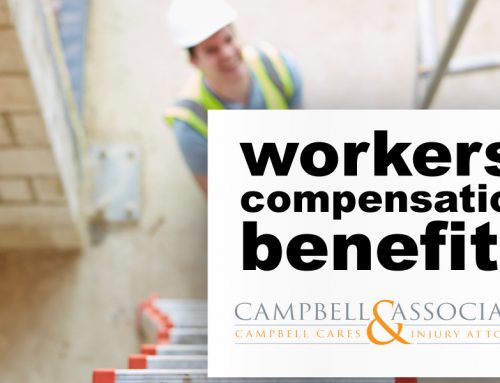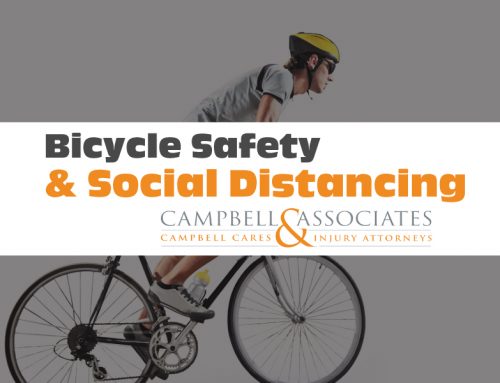
When we think of the possible dangers of public or private swimming pools, the first thing that comes to mind is the danger that a small child might fall into a pool and drown. In fact, there are many possible hazards associated with pools, including injuries sustained while jumping or diving into shallow water, slips and falls on wet surfaces, exposure to chemicals or bacteria, and even electrocution.
When Is The Owner Of A Pool Responsible For Injuries?
The legal term for the responsibility of a property owner to his guests and the public is premises liability. A property owner has a duty to keep the property safe, and different levels of care are required for different types of users of the property. Generally, the highest duty of care exists when the owner of a public facility invites the general public in. Owners of public swimming facilities must have adequately trained lifeguards on duty at all times, and must maintain a safe environment for their guests. This means ensuring that diving boards are maintained properly and the proper height for the depth of the pool, keeping the pool area clear of dangerous debris, placing warning signs, and regularly testing pool water for contaminants. Improper use of chemicals in a public pool may also lead to injuries, so the levels of chlorine and other chemical must be tested frequently. Some accidents cannot be avoided, but if the owner of a public pool fails to follow the safety guidelines set forth by law, or fails to take reasonable safety precautions, he may be liable for injuries. A North Carolina personal injury attorney can advise you of your rights if you or a loved one is injured at a public pool.
Injuries In Private Pools
When a child or guest drowns or is injured in a private pool, a claim may be made against the property owner’s homeowner’s insurance policy. While private pool owners are not required to follow the strict safety guidelines required or public pool owners, they still owe a duty of care to their guests, and, in some cases, even to trespassers. Private pool owners are responsible for warning their guests about dangers, such as wet surfaces around the pool. A private pool owner may also be found liable if he knows of a hazard, such as a loose diving board or ladder, and continues to allow his guests to use the pool without either removing the hazard or warning guests.
Because pools are considered a dangerous attraction for children, public and private pool owners are required to take certain precautions to restrict access to uninvited guests. If a child wanders into a yard and falls into the pool, the homeowner may be found liable for the child’s injury or death if there were no barriers around the pool. Do not assume that there is no recourse available of your child was injured while trespassing at a public or private pool.
Contact Us Today
The personal injury lawyers at Campbell & Associates can advise you of your rights if you or a family member has been a victim of a pool accident. Call us at (704) 326-7635 for a free consultation.






